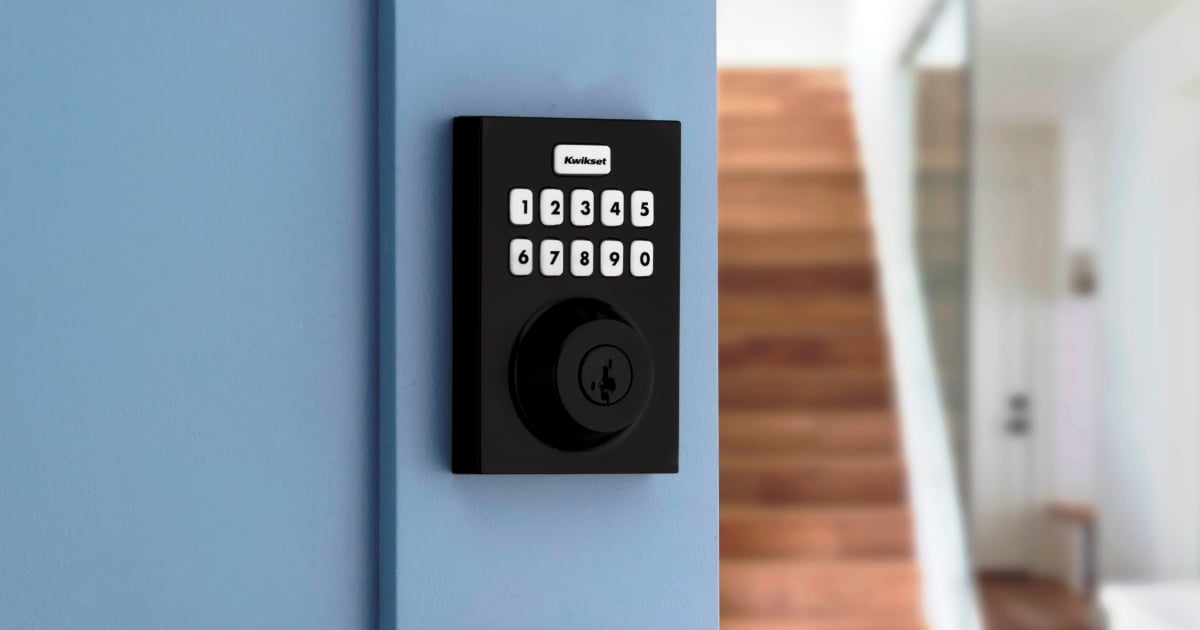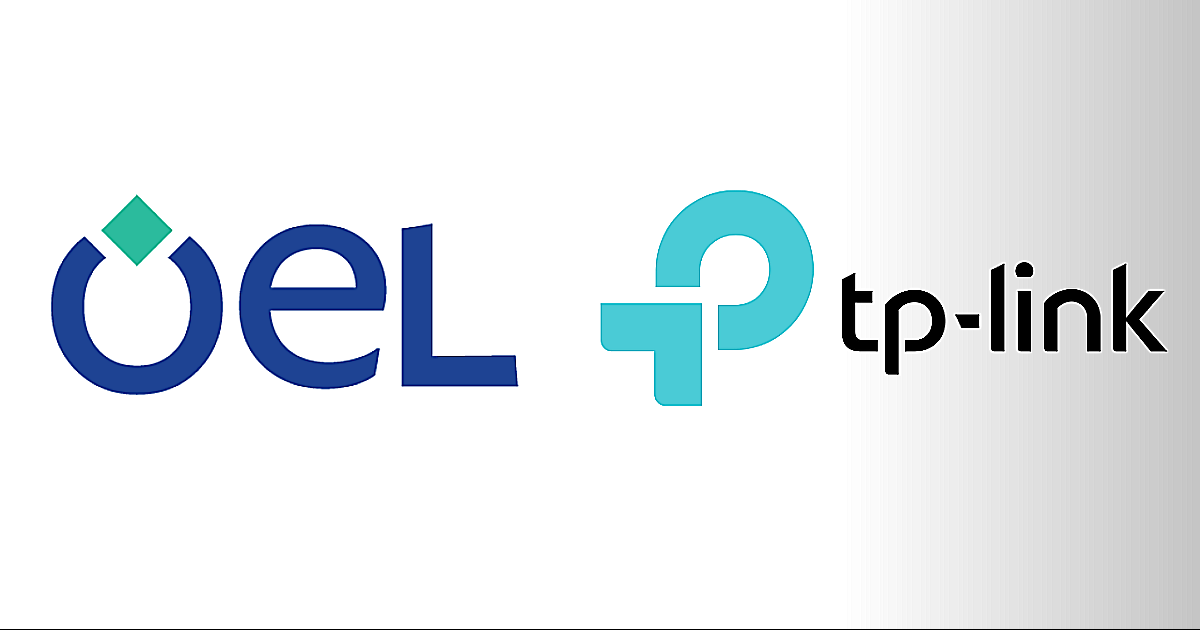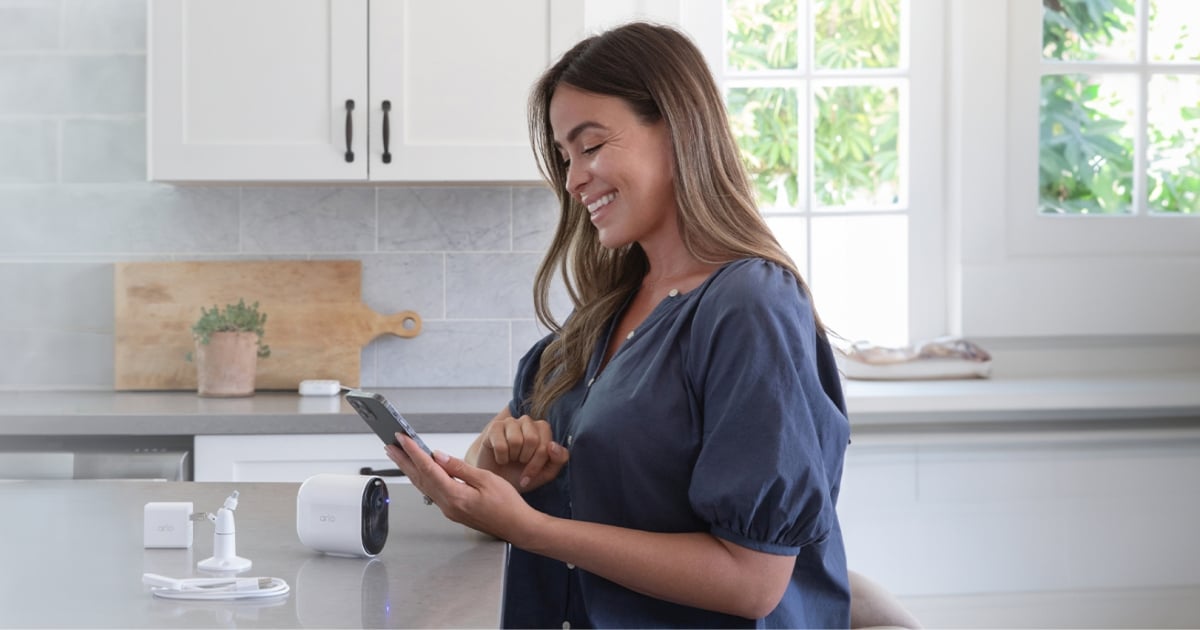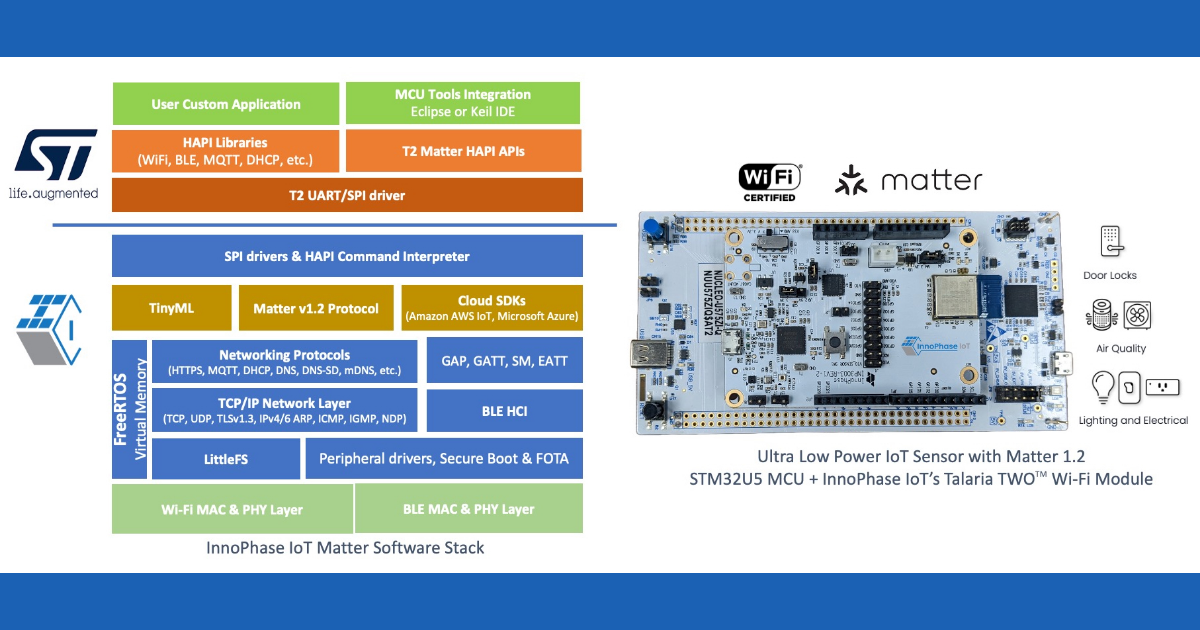When it comes to IoT, convenience and connectedness are the name of the game. Technological solutions which are adopted by the market aim to deliver either:
- Greater convenience to frustrated end-users that previously had to jump through hoops to complete what was once a complex process; or,
- Greater connectedness, a solution which seeks to connect two systems that previously could not communicate to one another and share data.
As an industry, IoT’s long-term hope is to foster the inclusion of all individuals. Data-thirsty companies want individuals to use their products, share their personal data, and become advocates of their solutions – solutions which hopefully remove resistance and routine work.
The healthcare industry is shifting thanks to the internet of things and forward-thinking technology companies that are offering consumers greater convenience and connectedness.
Modern Solutions for the Hard-of-Hearing Market
Over 5 percent of the world’s population, 360 million people, have disabling hearing loss, as defined by the World Health Organization. Additionally, the Hearing Loss Association of America estimates that 1 in 5 American adults has some degree of hearing loss – and research shows that the cost of hearing is not actually greater than the cost of hearing aids.
The following technologies are poised to reduce this cost even further:
- smartphone-connected hearing-aid devices
- voice search
- RFID sensors
- biometric analytics
These technologies have started blending and merging into one healthcare product aimed at the hard-of-hearing market. Since hearing starts to deteriorate in humans as early as after the age of 25, it is important to bring a younger population into the fray as they are more likely than Baby Boomers to not only see the beneficent advances technology can bring, but capitalize on them.
By crafting a connection between your hearing aid and home appliances, IFTT can be programmed to give a wearer the ability to connect to a plethora of household devices, mechanical tools, and software programs. Already, 450 service providers use IFTT, including Amazon’s Alexa, which enables users to use voice controls.
Here are some of the conveniences that already exist in hearing devices out on the market today:
- Ability to remember your sound preferences when travelling to different locations, as in a restaurant, concert, riding a bicycle in the wind, having a one-on-one conversation, having a group conversation, etc.
- Have your hearing aids switch to a preferred listening program based on your GPS location
- Hearing aids can connect to Bluetooth and devices that emit audio, like smartphones, laptops, tablets, and the like can stream the sound directly into your hearing aid without the need for headphones or removal of your hearing aid
- Voice enabled personal assistants can help individuals take care of administrative tasks such as booking an appointment, a ride, song, a restaurant, a hotel, or an airplane seat
- Aid your morning routine by setting it up to tell you the weather, brew a cup of coffee, switch your lights on, or have your favorite radio play in the background after you’ve turned your hearing aid on in the morning
- Integrate connections between services, software, and hardware. So “if [this thing happens on one service], then [do that on another service].” For example, “If I step into WalMart, then show me my shopping list.”
- Have voice search alert you when a visitor has rung your home’s doorbell
- Receive a text to your phone when your hearing aid batteries are running low
Who owns the valuable biodata?
Who knows what biodata will be available for extraction following the wider adoption of these aforementioned capabilities! One thing is for sure. Individuals will be incentivized to opt-in to transmit their biodata to healthcare companies and/or the hardware and software providers that manufactured their hearing devices. Just like with Fitbit, who knows what valuable data can be found on a device that rests so close to a human’s brain. We’re thinking biodata like brainwaves, behaviors, emotional status, miles walked, sleep times, sleep cycles, noisy environments, etc. Companies will offer discounts and incentive programs to early adopters.
Better Hearing, Better World
Imagine being hard of hearing, and being able to bypass some of the barriers that previously held you back. Imagine belonging to an inclusive environment that allowed technology to aid you in better carrying out your daily activities. Wouldn’t it increase your autonomy and self-confidence?
The industry is shifting thanks to the internet of things, smartphone connected hearing aids, IFTT service, and forward-thinking companies leveraging voice search technologies. These advances will hopefully filter through to the world of audiology and positively influence the way hearing instruments are perceived, encouraging people who may be experiencing hearing loss to take the necessary steps to improve their hearing.
About the Author: Alex Pop is a content writer for SayWhat. He specializes in advertising, e-commerce, and hearing solution technologies. He enjoys educating readers on the beneficent power technology brings, while tackling societal issues that both unify and isolate modern man. Follow Alex on Twitter and LinkedIn.
Edited by
Ken Briodagh





